Behavioral finance and investment psychology have become a popular focus of traders and investors in recent years as they try to grapple and understand how their emotions directly influence their decision-making and the impact this has on asset prices.
To better define it, behavioral finance is the area of study focused on how human psychological influence can affect market outcomes, because investor behavior is not always rational.
This helps explain why market prices rotate from peaks to troughs, bubbles and crashes, driven by human emotions such as greed and fear, as well as many other key behavioral biases.
As the famous stock trader Marty Schwartz once said:
“Most people think they’re playing against the market, but the market doesn’t care. You’re really playing against yourself.”
In your search to better understand behavioral finance, you’ll find any amount of papers/books/
online courses on the topic.
Here is a list of some of the best books relating to behavioral finance.
This is my favorite behavioral finance read with plenty of statistical examples of why traders and investors lose money, the same cyclical and repetitive biases.
"Behavioral investing seeks to bridge the gap between psychology and investing. All too many investors are unaware of the mental pitfalls that await them. Even once we are aware of our biases, we must recognize that knowledge does not equal behavior. The solution lies in designing and adopting an investment process that is at least partially robust to behavioral decision-making errors."
Here are some of the main reasons I love this book:
- This is the only book to cover the applications of behavioral finance
- It has an executive summary for every chapter with key points highlighted at the chapter start
- It has information on the key behavioral biases of professional investors, including ‘The seven sins of fund management’, ‘Investment myth busting’, and ‘The Tao of investing’
- It includes practical examples showing how using a psychologically inspired model can improve on standard, common practice valuation tools
- It was written by an internationally renowned expert in the field of behavioral finance
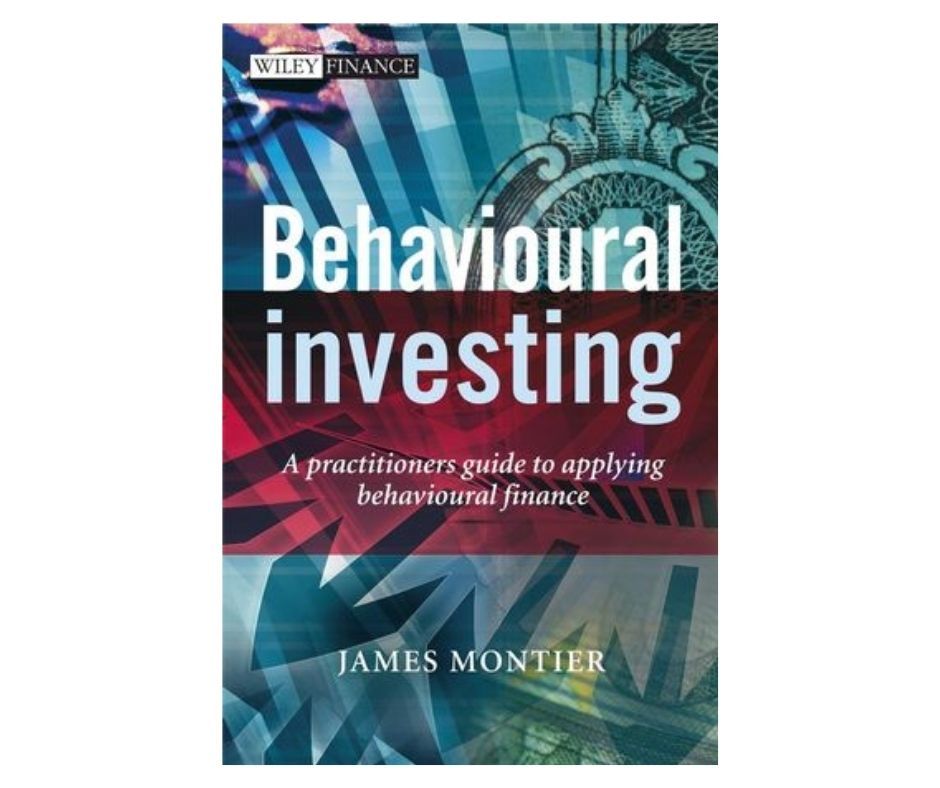
I first met Jason when he presented to the Chartered Market Technicians Association Symposium in New York.
Son of the famous pit trader Larry Williams his book explains the critical link between successful trading and personality traits—and it gives you the tools to use this information to make smarter trades.
He explains how to assess and measure your innate personality traits and align them with your trading style for more profitable trading on a more consistent basis.
The Mental Edge in Trading explains the immutable relationship of human thought, emotion, and behavior and reveals how to:
- Determine if you should be a systems or discretionary trader
- Conquer your underlying fear of risk by understanding where it comes from
- Calm innate anxieties before you start your trading day
- Use optimism as a "tool" for profitability
- Remain vigilant as to why you are placing each and every trade
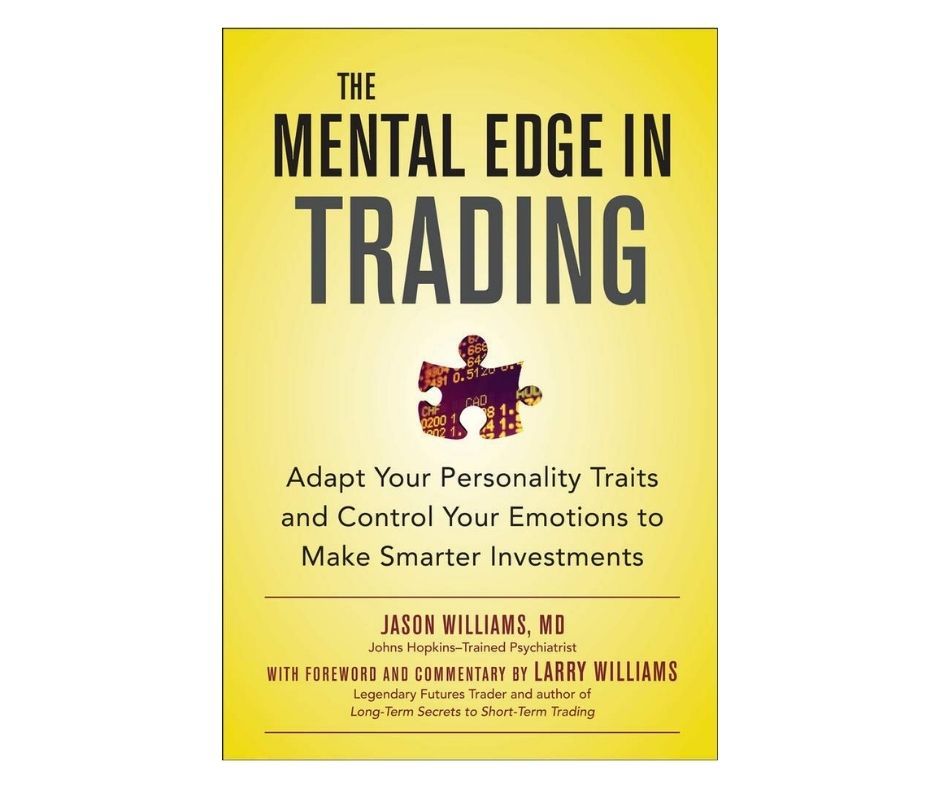
Denise Shull (The real Wendy Rhodes from Billions!) uses her 25 years real world experience from financial market trading, neuroeconomics, and psychodynamic psychology to enlighten the reader on how to effectively unlock one’s psychological capital and translate that awareness into clear and concise investment decisions.
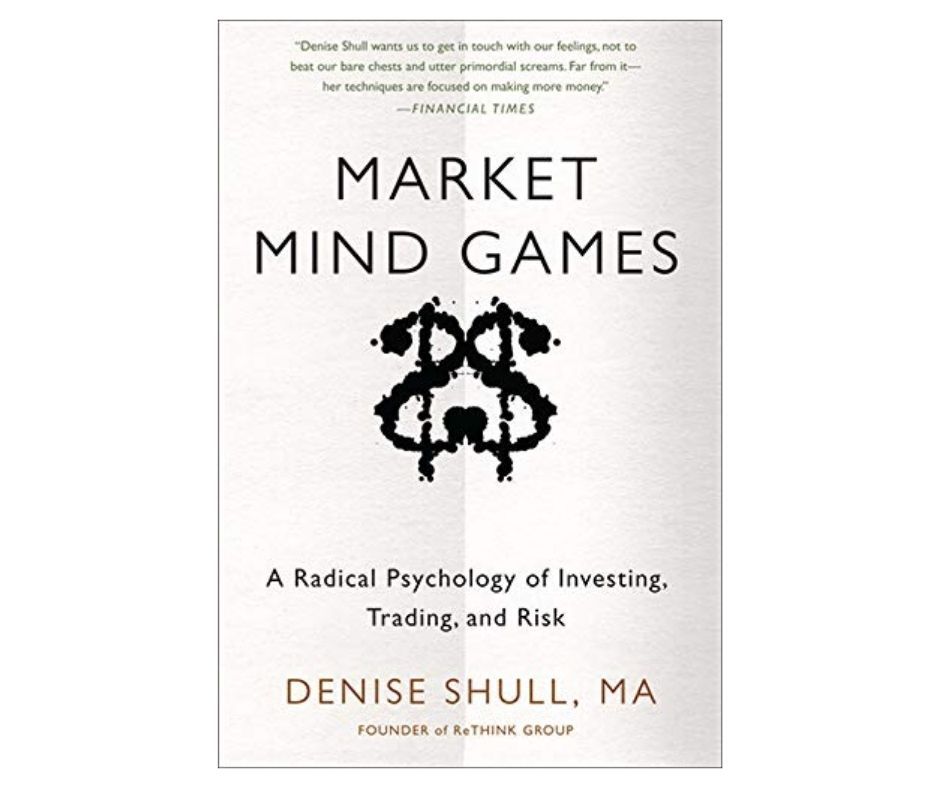
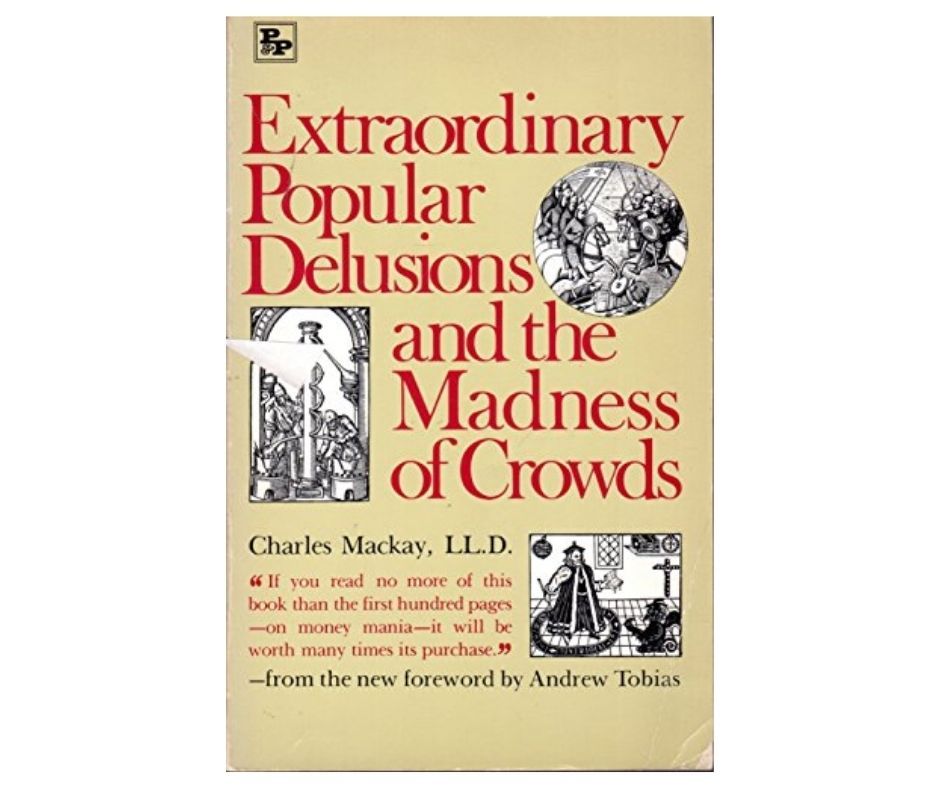
Shortlisted for the 2012 Financial Times and Goldman Sachs Business Book of the Year Award and the Wellcome Trust Book Prize, this startling and unconventional book from neuroscientist and former Wall Street trader John Coates shows us the bankers in their natural environment, revealing how their biochemistry has a lasting and significant impact on our economy.
We learn how risk stimulates the most primitive part of the banker’s brain and how making the deals our bank balances depend on provokes an overwhelming fight-or-flight response.
Constant swinging between aggression and apprehension impairs judgment, causing economic upheaval in the wider world.
The transformation between each split-second decision is what Coates calls the hour between dog and wolf and understanding the biology behind bubbles and crashes may be the key to stabilizing the markets.
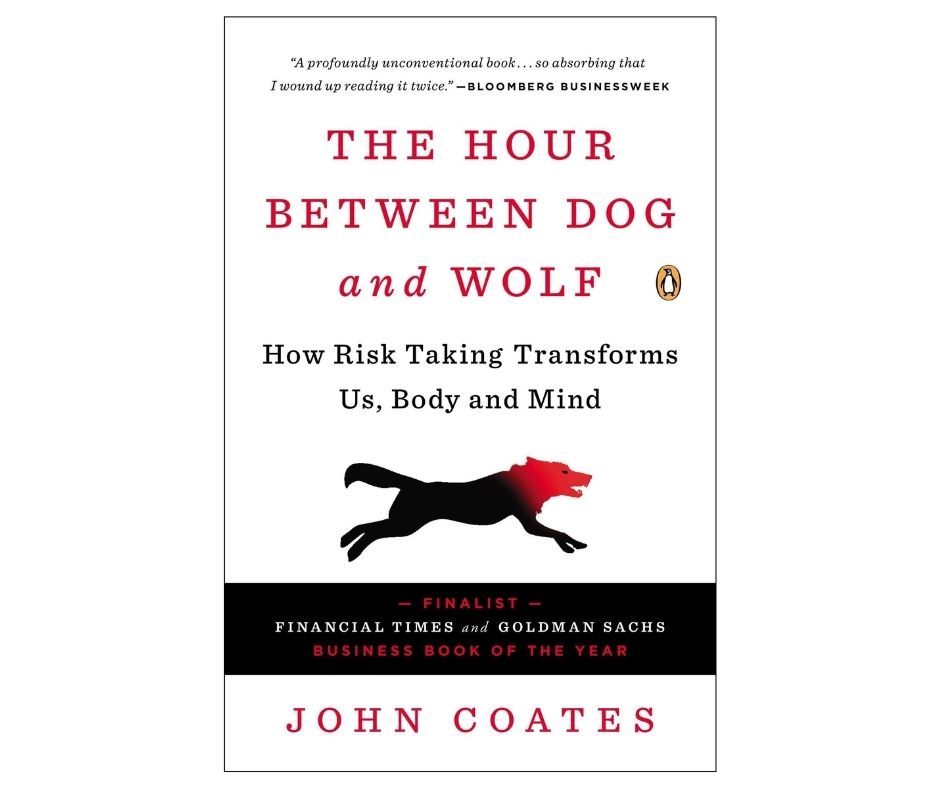
When can we trust what we believe—that "teams and players have winning streaks," that "flattery works," or that "the more people who agree, the more likely they are to be right"—and when are such beliefs suspect?
Thomas Gilovich offers a guide to the fallacy of the obvious in everyday life. Illustrating his points with examples, and supporting them with the latest research findings, he documents the cognitive, social, and motivational processes that distort our thoughts, beliefs, judgments and decisions.
In a rapidly changing world, the biases and stereotypes that help us process an overload of complex information inevitably distort what we would like to believe is reality. Awareness of our propensity to make these systematic errors, Gilovich argues, is the first step to more effective analysis and action.
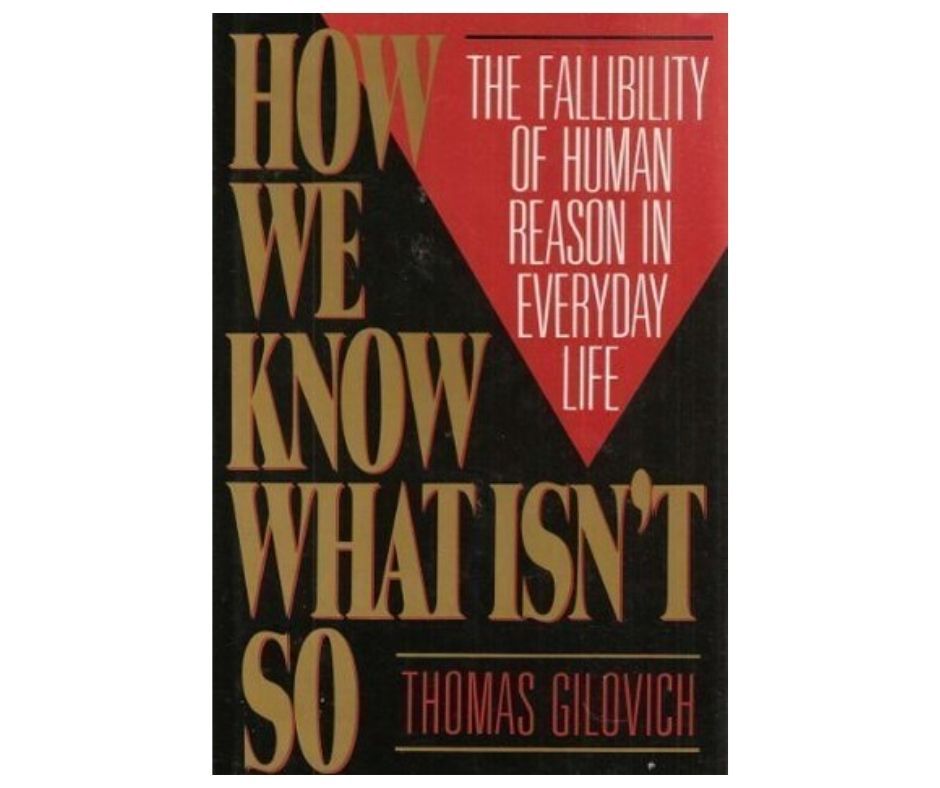
Daniel Kahneman is a pioneer of behavioral finance (along with Amos Tversky) and won the Nobel prize for Economics in 2002.
He breaks down our thought process into system 1 (the core of the brain – quick, automatic, instinctive reaction) and system 2 (the cortex of the brain – more rational, logical thinking).
He explains how these systems influence our decision making, particularly under pressure, leading to poor decision making, and blatant errors, and more importantly how we can identify them and react accordingly.
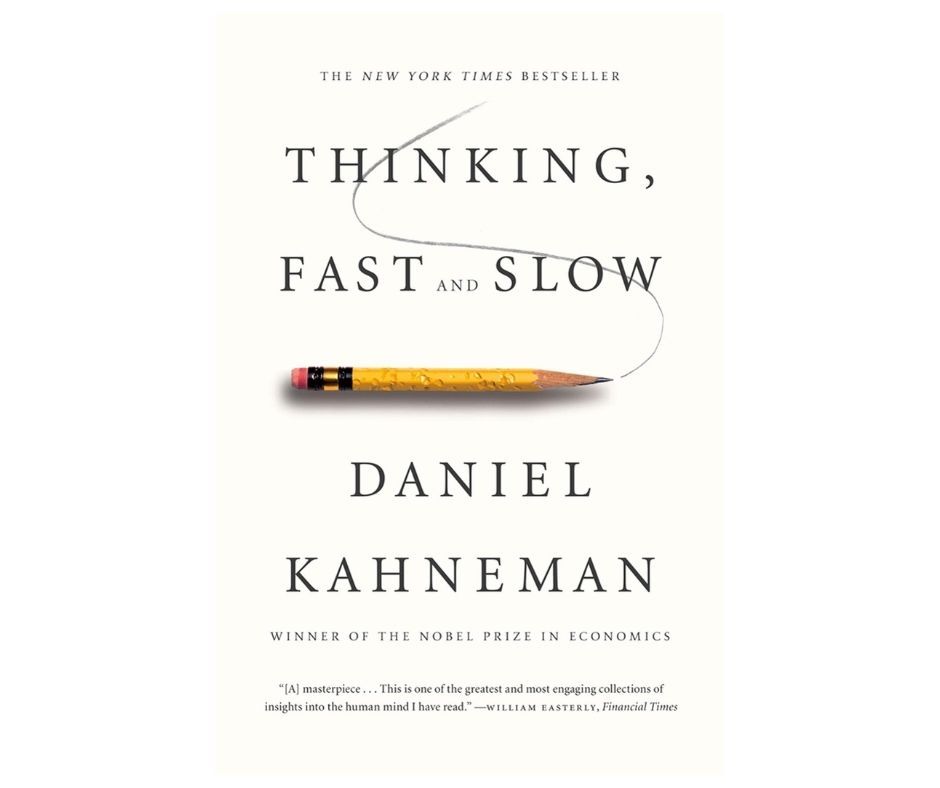
In this short book Housel shares 19 short stories exploring the strange ways people think about money and teaches readers how to make better sense of one of life’s most important matters.
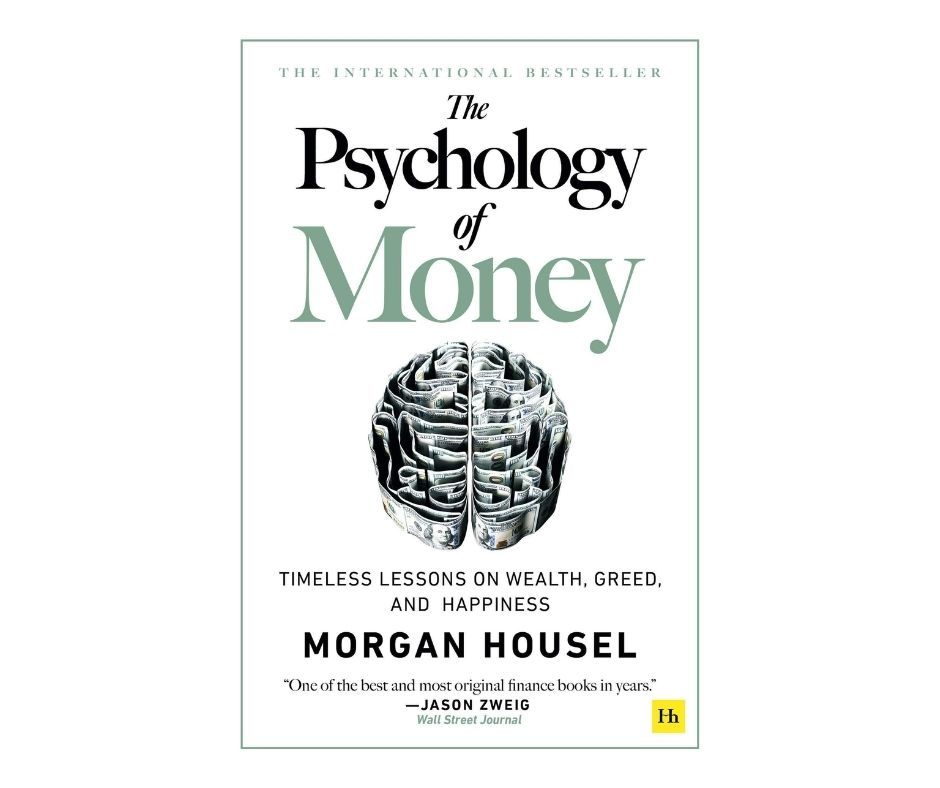
While discussing behavioral finance it is important in my view to highlight a great book on technical analysis.
I believe the combination of fundamental analysis (what drives the markets), behavioural finance (rational decision making) and technical analysis (disciplined trade execution and risk management) is a key to successful trading and investing.
Murphy’s book is a comprehensive introduction to technical analysis and risk management.










